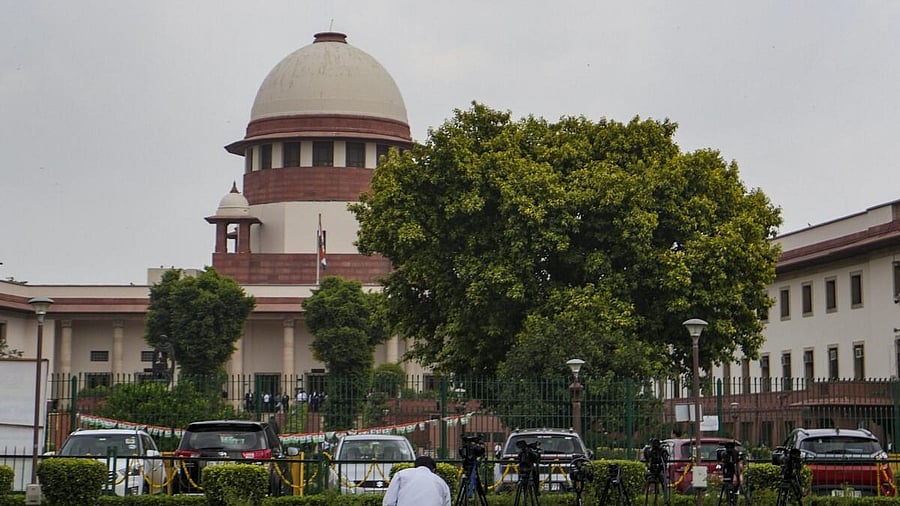
Supreme Court of india.
Credit: PTI Photo
New Delhi: The Supreme Court on Friday affirmed the Madhya Pradesh High Court’s order, while upholding the demolition of the 200-year-old Takiya Masjid in Ujjain.
A bench of justices Vikram Nath and Sandeep Mehta dismissed a plea for reconstruction of the mosque.
The bench did not find any infirmity in the High Court’s decision, saying that the petitioners were free to pursue remedies available under law, including compensation.
Senior advocate M R Shamshad, appearing for the petitioners, contended that the mosque was razed to expand a parking facility for the adjoining Mahakaleshwar Temple.
He assailed the High Court’s observation that the right to practice religion has no connection with any particular place.
The counsel asserted that the mosque was a duly notified Waqf property since 1985 and had continued to function as a place of worship until its demolition.
The bench, however, said, “The High Court has given sound reasoning that compensation shall be paid, if warranted. There is nothing in it. You have your remedies under the law.” The court thus dismissed the petition filed by 13 Ujjain residents who said they regularly offered namaz at Takiya Masjid.
It said it did not want to reopen any factual dispute or consider the legality of the acquisition, reiterating only that the petitioners retained legal avenues if they sought compensation or further remedies under applicable statutes.
With this, the site would continue to be a part of the ongoing redevelopment and parking expansion around the Mahakaleshwar Temple.The petitioners claimed that the structure was notified as a waqf in 1985 and was used as a functional place of worship. It was demolished “illegally and arbitrarily” in January despite constitutional and statutory protections.
The petition alleged violations of the Places of Worship (Special Provisions) Act, 1991, the Waqf Act, and the land acquisition law governing compensation and rehabilitation, while alleging that compensation was wrongly disbursed to encroachers to “create a false case of acquisition”.
Rejecting the claims, the High Court held that the mosque and the land on which it stood were lawfully acquired for the expansion of the Mahakal Lok complex, a major redevelopment project linked to the Mahakaleshwar Temple, one of the 12 Jyotirlingas.
The High Court also emphasised that the right to practise religion does not attach to any particular place of worship, noting that acquisition of land does not infringe Article 25 so long as the freedom to practice the faith itself remains unaffected.
It also noted that compensation was assessed and disbursed by the land acquisition officer to those found entitled.
